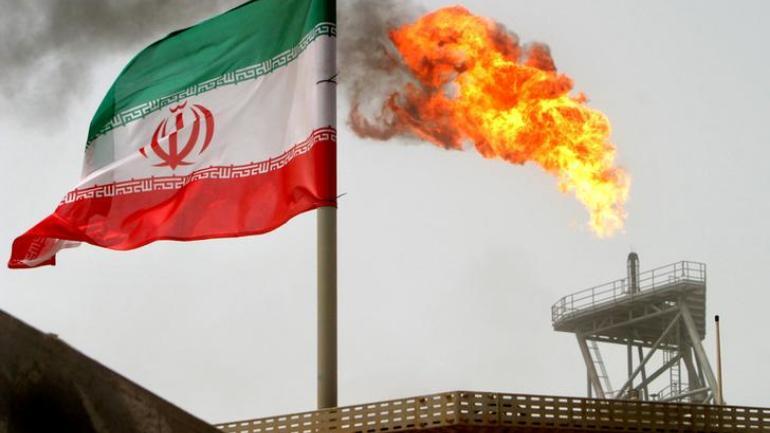The US has told various countries, including India, to cut oil imports from the Persian Gulf nation to “zero” by November 4 or face sanctions.
India, which is the second biggest purchaser of Iranian oil after China, is willing to restrict its monthly purchase to 1.25 million tonnes or 15 million tonnes in a year (300,000 barrels per day), down from 22.6 million tonnes (452,000 barrels per day) bought in 2017-18 financial year, sources in New Delhi said.
Over the weekend, the US has agreed to temporarily allow eight “jurisdictions” to continue buying Iranian oil after it reimposes crippling sanctions on Tehran on November 5, Secretary of State Mike Pompeo said on Friday.
The US is to issue temporary exemption to eight “jurisdictions” from Iranian sanctions recognising their significant reduction in imports of oil from Iran. The names of the jurisdictions would be released on Monday, Pompeo said.
The announcement made by Secretary of State Mike Pompeo and Treasury Secretary Steve Mnuchin focussed primarily on the economic pressure built to bring Iranian oil imports to zero and “granted” exemptions to eight countries.
“The US will be granting these exemptions to China, India, Italy, Greece, Japan, South Korea, Taiwan, and Turkey. Each of those countries has already demonstrated significant reductions of the purchase of Iranian crude over the past six months, and indeed two of those eight have already completely ended imports of Iranian crude and will not resume as long as the sanctions regime remains in place. We continue negotiations to get all of the nations to zero,” said the Secretary of State.
On Tuesday, the State Department clarified that Chabahar and an Afghanistan specific railway project (under INSTC) would be kept out of the sanctions for the purpose of “development” of Afghanistan.
“After extensive consideration, the Secretary has provided for an exception from the imposition of certain sanctions under the Iran Freedom and Counter-Proliferation Act of 2012 (IFCA) with respect to the development of Chabahar Port and the construction of an associated railway and for the shipment of non-sanctionable goods through the Port for Afghanistan’s use, as well as Afghanistan’s continued imports of Iranian petroleum products,” said the spokesperson.
Chabahar and INSTC are important strategic projects for India and Afghanistan. In October-November 2017, India successfully despatched an inaugural consignment of around 15,000 tons of wheat from the Indian port of Kandla in Gujarat to Afghanistan via Chabahar, in line with its commitment to provide 1.1 million tons of wheat to Afghanistan on a grant basis.
Earlier Under the Obama-era deal, involving five permanent members of the United Nations Security Council and Germany, Iran agreed to stop its nuclear programme in exchange of relief from economic sanctions.
After the US’ withdrawal from the deal, Trump signed fresh sanctions against Iran and warned countries against any cooperation with Tehran on its controversial nuclear weapons programme.
“The United States is in the midst of an internal process to consider significant reduction exceptions for individual countries, but that is only on a case-by-case basis,” State Department Deputy Spokesperson Robert Paladino said on Thursday.
He was responding to questions on the news reports from South Korea and India that they are getting waivers from the US on the punitive Iranian sanctions.









